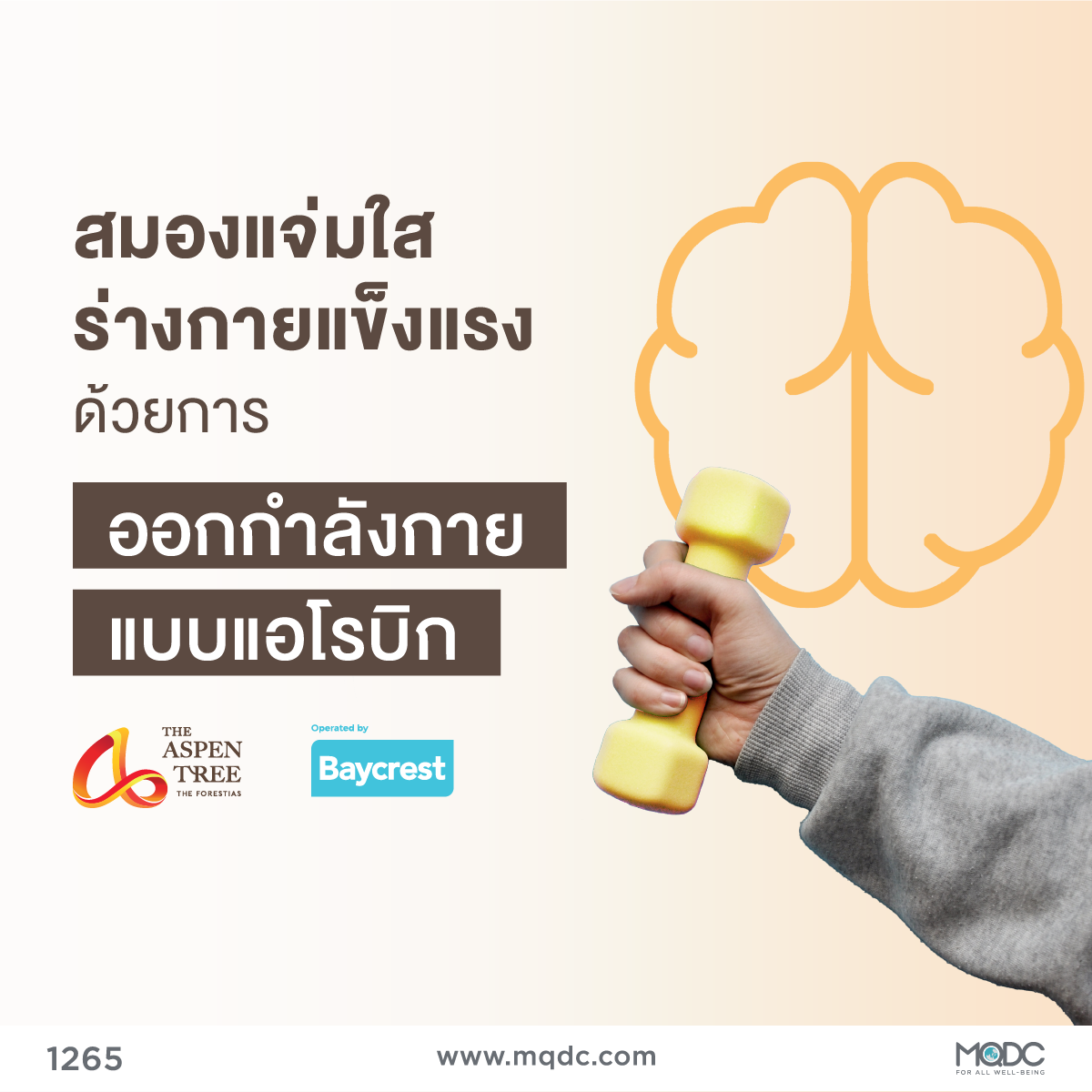Baycrest Research with Birdwatchers
According to a new Baycrest study that examined memory in expert birdwatchers, having expert knowledge in a subject helps us memorize new information. This is because, while forgetting often happens when similar memories interfere with each other, expert knowledge provides a mental organizational structure, or scaffolding, that helps us keep new items that we want to learn distinct from each other. This reduces confusion between similar items – in this case, similar-looking birds.
“Unlike memory functions that tend to decrease with age, expert knowledge often continues to accumulate as we get older. This makes it an area of strength in older adults that we may be able to harness to mitigate age-related memory decline and improve quality of life for this group,” says Dr. Erik Wing, a postdoctoral fellow at Baycrest’s Rotman Research Institute (RRI) and the lead author of this study.
To study the effects of expertise on memory, Dr. Wing and his team recruited local bird experts from community organizations such as the Toronto Ornithological Club and Toronto Field Naturalists. For comparison, they also recruited experts in gardening, fishing, hiking and other outdoor activities as a control group.
To identify how knowledge changes mental organization, both groups of participants were shown sets of bird images and asked to arrange them visually on the screen according to perceived similarity. Most experts tended to group birds based on specific features, such as the structure of the beak or the shape of the tail, even for bird species that they had never seen before. In contrast, the non-experts, as well as some of the experts, based their grouping on more superficial features like colour.
Research Results
Next, the researchers tested participants’ memory. They first showed each participant a series of bird photographs. Then, they showed them a second series, containing both new and old birds, and asked the participants to indicate whether or not they had already seen each bird in the first series of photographs. The researchers found that those who grouped birds based on specific features performed better in the memory task than those who grouped birds based on colour. This difference was seen not only between experts and non-experts, but also between the experts themselves, as those who grouped birds superficially based on colour had worse memory than those who did not. High similarity between items often hinders memory, but having well-established mental organization helps to avoid this problem. These findings suggest that a higher degree of expertise and knowledge organization supports memory.
“Having more years of education, more areas of interest and more hobbies seems to reduce dementia risk and support memory in old age,” says Dr. Asaf Gilboa, Senior Scientist at the RRI, Associate Professor of Psychology at the University of Toronto and a senior author on this study together with RRI Senior Scientist Dr. Jennifer Ryan. “Our results suggest that this may be partly because the more background knowledge you have, the better you are at learning and retaining new information by placing that information in the scaffolding of your existing knowledge.”
While we can’t all be birdwatching experts, we are all experts in something – whether it’s sports, the Lord of the Rings trilogy or our own family and social network. In other words, we may all be able to benefit from the memory boost that expertise can provide, regardless of our age.
In the long term, this research could help determine how to optimally harness expertise to mitigate age-related memory decline, improving quality of life for older adults everywhere.
This work was supported in part by the Canadian Institutes of Health Research (CIHR) and the Centre for Aging + Brain Health Innovation (CABHI), powered by Baycrest. With additional funding, the researchers could examine how having rich prior knowledge accelerates brain changes when we learn new information as we get older.
The Aspen Tree The Forestias Operated by Baycrest Looks After Your Quality of Life in All Aspects
We need to live in the right environment at 50+, with a warm atmosphere and everything to help our memories and brains to work well, with lots of ways to relax, learn, and socialize, because age is just a number.
This concept inspires The Aspen Tree at The Forestias, designed and developed with research leaders and Canada’s world-leading Baycrest Crest to meet every need of older adults. You can live in a multigeneration community in The Forestias with comprehensive health and care (Holistic Lifetime Care). Full facilities and the Health & Wellness program enhance your lifestyle with activities such as yoga, swimming, singing, playing music, meditation, outdoor activities, hydrotherapy, and much more to keep your body, mind, and brain in great shape.
The Aspen Tree at The Forestias also has a Health & Brain Center to safeguard your health and wellness. The center’s experts can delay the onset of dementia and provide care to overcome brain and memory problems. A team of healthcare specialists is on hand 24 hours a day to keep you safe and well in every aspect.
Live free from cares in the free time of live... Let’s find the perfect life together.
Find out more CLICK https://mqdc.com/aspentree
Call 1265
LINE OA: @TheAspenTree or CLICK https://mqdc.link/3Emhkde
Source:
https://www.baycrest.org/Baycrest-Pages/News-Media/News/Baycrest/Birds-of-a-feather-flock-together









